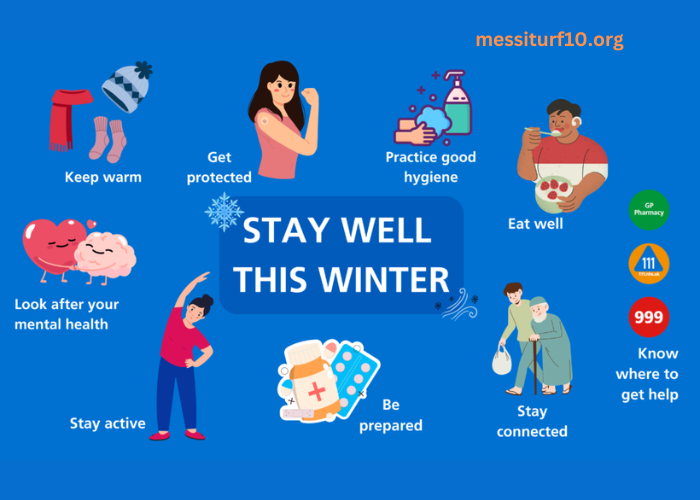In today’s fast-paced world, finding a balance between work, play, and lifestyle can be a daunting task. The demands of our careers, family responsibilities, and personal aspirations often pull us in different directions, leaving little room for leisure and relaxation. Yet, achieving a harmonious equilibrium between these facets of life is essential for our overall well-being and happiness.
The Pursuit of Balance
Work. For many, work is a central pillar of their lives. It provides not just financial security but also a sense of purpose, achievement, and personal growth. However, when work dominates our lives, it can lead to burnout, stress, and strained relationships. The modern work culture, with its long hours and constant connectivity, has made achieving a work-life balance seem like an elusive goal.
Play. Play represents the activities that bring us joy, relaxation, and fulfillment outside of work. This can include hobbies, sports, socializing, or simply taking time to unwind. Neglecting play can lead to a monotonous, unfulfilling life devoid of happiness and creativity.
Lifestyle. Our lifestyle encompasses the habits and routines that support our physical and mental well-being. It includes diet, exercise, sleep, and self-care practices. Neglecting our lifestyle can result in health issues and hinder our ability to enjoy both work and play.
Achieving balance in these three areas is an art that requires constant effort and self-awareness. Here are some strategies and insights to help you master the art of balancing work, play, and lifestyle.
The Importance of Prioritization
One of the fundamental principles of balancing these three aspects of life is prioritization. Recognize that you can’t do everything, and some things are more important than others. Understanding your priorities is essential for effective time management and maintaining a sense of balance.
- Identify Your Values: Start by clarifying your values. What truly matters to you? Is it family, career success, personal growth, or something else? Your values serve as a guide for making decisions about how you allocate your time and energy.
- Set Clear Goals: Once you know your values, set clear, achievable goals that align with them. Whether it’s advancing in your career, spending more quality time with loved ones, or improving your health, having specific goals will help you stay focused on what matters most.
- Learn to Say No: Saying no is an art, especially when you have numerous commitments and demands on your time. Be selective about the opportunities and obligations you accept. Saying no to non-essential tasks or requests will free up time for your priorities.
The Work-Life Balance Myth
The term “work-life balance” implies a strict dichotomy between the two, as if they are separate entities that need to be evenly divided. However, this notion is outdated and doesn’t reflect the reality of modern life. Instead, consider the concept of “work-life integration.”
- Flexibility Is Key: Achieving balance requires flexibility. It’s about finding ways to integrate work and life seamlessly. This might mean working remotely to spend more time with your family, or it could involve setting boundaries on work-related emails and calls during your personal time.
- Time Management: Effective time management is essential for work-life integration. Prioritize tasks at work to maximize productivity, and use techniques like time blocking to allocate specific periods for work and personal activities.
- Unplug and Recharge: To prevent burnout, it’s crucial to unplug from work occasionally and recharge. Take regular breaks, use your vacation days, and disconnect from digital devices. This allows you to return to work with renewed energy and focus.
The Role of Play in Balance
Play is often overlooked in the pursuit of career success and productivity. However, it’s a vital component of a balanced life, contributing to our overall well-being and creativity.
- Rediscover Hobbies: Make time for hobbies and interests that bring you joy. Whether it’s painting, playing a musical instrument, or gardening, engaging in hobbies can provide a sense of fulfillment and relaxation.
- Socialize: Spending time with friends and loved ones is essential for our mental and emotional health. Socializing can help reduce stress, provide emotional support, and create cherished memories.
- Embrace Leisure: Leisure activities such as reading, watching movies, or going for a walk in nature can be highly rejuvenating. These activities allow you to unwind and escape from the daily grind.
The Foundation of Lifestyle
Your lifestyle choices play a significant role in your ability to balance work and play. Neglecting your health and well-being can hinder your overall happiness and productivity.
- Prioritize Health: Make your health a top priority. This includes maintaining a balanced diet, getting regular exercise, and ensuring you get enough sleep. When you’re physically and mentally well, you’re better equipped to handle the demands of work and play.
- Practice Self-Care: Self-care is not selfish; it’s essential. Dedicate time to self-care activities that rejuvenate you, such as meditation, yoga, or spa days. Self-care promotes mental clarity and emotional well-being.
- Set Boundaries: Establish clear boundaries in your life. This includes setting limits on work hours, screen time, and other activities that can encroach on your personal life. Boundaries help prevent burnout and maintain balance.
Strategies for Balancing Work, Play, and Lifestyle
Achieving balance in these three areas requires ongoing effort and self-awareness. Here are some practical strategies to help you find equilibrium:
- Create a Schedule: Plan your week in advance, allocating time for work, play, and self-care. Stick to your schedule as closely as possible to ensure you’re devoting adequate time to each area.
- Delegate and Seek Help: Don’t hesitate to delegate tasks at work and home when possible. Seek help from colleagues, family, or friends to lighten your load.
- Learn to Disconnect: Resist the urge to be constantly connected to work. Designate specific times for checking emails and work-related tasks, and leave work behind when you’re off the clock.
- Practice Mindfulness: Mindfulness meditation can help you stay present and reduce stress. Incorporate mindfulness practices into your daily routine to improve your overall well-being.
- Regularly Review Your Priorities: Your priorities may change over time. Periodically review your values and goals to ensure they still align with your current circumstances and desires.
- Embrace Imperfection: Understand that achieving perfect balance is unrealistic. There will be times when work takes precedence, and other times when play and relaxation are more important. Embrace these shifts and adapt accordingly.
The Benefits of Balance
Balancing work, play, and lifestyle offers a multitude of benefits:
- Improved Health: Prioritizing self-care and a balanced lifestyle can lead to better physical and mental health, reducing the risk of burnout and chronic stress-related illnesses.
- Increased Productivity: A well-rested, fulfilled individual is more productive at work. Balancing your life can lead to better concentration, creativity, and problem-solving skills.
- Enhanced Relationships: Spending quality time with loved ones fosters stronger, more meaningful relationships. Balance allows you to be present and fully engage in your personal connections.
- Greater Happiness: Achieving a sense of balance in your life leads to greater overall





